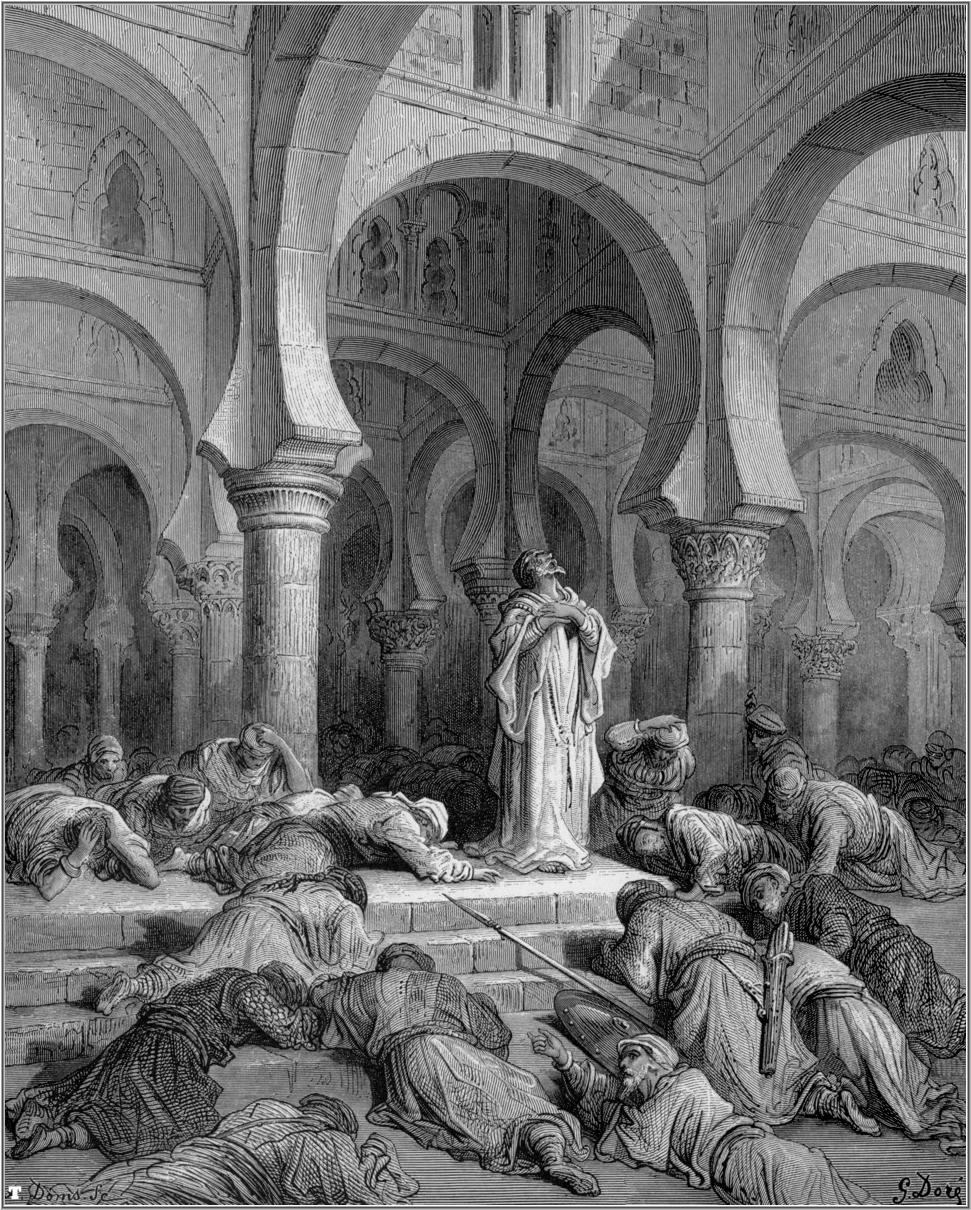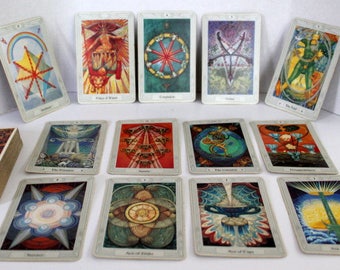This is part of an ongoing series that began in the earlier blog, and has now been archived on this RPGsite thread. In it, I've been discussing elements of real occultism and how they could be used in a "modern occult" type of RPG. Usually this has been not in the form of mechanics but of a meta-discussion primer about what occult culture is like, what are the big movements and practices, how 90% of it is full of utter bullshit, and the other 10% batshit loonies, and yet how there is something there that makes some very few people pursue it with a discipline to rival the firmest of Buddhist monks, and what they find worthwhile in it.
Today, however, I've been inspired to revive this series on account of the fact that I'm working very closely with Quentin Bauer on his Raiders of R'lyeh project; at present we're working on the magic section for that excellent Edweirdian RPG, and he's making use of some of what I wrote in the past in order to incorporate these concepts to his own system.
In these chats, it got me thinking to just what would be the way to handle "spells" (that is, magical rituals) in a mechanical sense; more specifically, how would you categorize them?
So here's what I came up with:
Today, however, I've been inspired to revive this series on account of the fact that I'm working very closely with Quentin Bauer on his Raiders of R'lyeh project; at present we're working on the magic section for that excellent Edweirdian RPG, and he's making use of some of what I wrote in the past in order to incorporate these concepts to his own system.
In these chats, it got me thinking to just what would be the way to handle "spells" (that is, magical rituals) in a mechanical sense; more specifically, how would you categorize them?
So here's what I came up with:
1. 'Invocation': this is when you're connecting to a force (in regular magick, a deity, angel or planetary spirit; though in theory it could be a demon, qlippothic entity, or in theory one of the Great Old Ones of Cthulhu mythos if they exist in your game world... some magicians think they exist in the real world as something more than qlippothic garbage) but instead of trying to "summon it to visible appearance inside a triangle of art" or put it into a talisman of some sort, you're bringing that force directly into yourself (creating a "magical link" between you and the force represented). This is pretty standard ritual magick; in regular magick it is done to grant or enhance qualities related to the force (ie. invoking Thoth to enhance your knowledge, or Apollo for skill at music, or Venus to attract a lover). Invocation is never (normally) done with demonic entities since its understood that this is not a good idea.
2.'Evocation'. This would be the aforementioned "summoning to visible appearance", outside of yourself, into a space that is meant to contain what is summoned. Most often this is used on demonic entities. In a lot of Cthulhu-type games a separation is made between the 'summoning' part of an evocation and the 'binding' part. But in real occultism 'Bind' would not normally be separate to this; ALL evocation involves binding the spirit, by force of will extracting an oath of service from it and optionally binding it to a sigil or talismanic object of some kind for ease of access thereafter (ie. to not require having to do the lengthy ritual again in full). Theoretically, the "binding" half of evocation magick could be used to bind an entity someone else has summoned.
Likewise, what in some occult games is thought of as "banishing" (ie. sending creatures back to their native abodes) is in fact also just part of the evocation ritual, it is typically called "license to depart" in western magick. By definition its ALWAYS part of the evocation ritual since you don't really want things you evoked to just keep hanging around after you're done with them.
3. 'Banish': This category is not 'banishing' in the sense you see in some occult games (which is the aforementioned 'license to depart'), it is rather 'banishing' in the sense used in western magick (of clearing an area of all energies or dispelling all entities from an area). This is the simplest type of magick, and also one of the oldest. We have a banishing ritual that dates back to ancient Sumeria and its format is not particularly different from the way a modern magician would banish (though the specific words and motions are of course different). As I mentioned in earlier entries, this is the one type of magick (specifically the "lesser banishing ritual of the pentagram") that most amateur magicians or posers are most likely to have attempted at least once in their little lives. That's because its not long or very hard to do. But in fact, banishing is meant to just act as a training for bigger things; there's not much point in creating an empty 'sacred' space if you're not going to carry on to DO something with that space. So banishing is really a preliminary practice for invocation, evocation and other types of ritual; and in evocation banishing should always be done after the ritual is completed as well.
4. Divination: another one of the most common things that even posers might have attempted (though usually quite badly), divination magic as a category would involve a combination of an invocation of the forces related to the divinatory device plus having the appropriate divinatory device, ie. tarot cards, the I Ching, Geomancy, runes, etc). So in a way its really a very specialized (but at the same time much simpler) type of Invocation.
5. Magick to access the Astral Plane: this is done in two ways, usually. First, in a freeform way (when you're not trying to go somewhere specifically) by first banishing and then entering into a meditative state through yogic asana/pranayama/dharana practice. Second or in a focused way (trying to get to a specific place) by performing an invocation of a particular sphere of the Tree of Life (or reciting a specific call of one of the "Enochian Aethyrs") and then entering a meditative trance that should take you directly to that area. The latter takes more skill, but both would basically require a combination of some kind of appropriate knowledge check (to have an idea what to do) plus some kind of concentration check. Trying to move up into higher areas of the symbolic roadmaps (the tree of life or the aethyrs generally requires much greater effort than the lower more accessible regions.
6. Talismanic magick: The creation of magical objects to be used as talismans, linking them magically to a demon or angel or planetary spirit,so that the object can be used to fulfill a specific purpose. Sometimes (as I mentioned above) this purpose is just to be able to call up the spirit quickly and safely without needing to do the previous elaborate evocation ritual. But talismans can also be used for specific purposes, 'magic items' you could say, which can serve all kinds of magical ends. Talismans have somewhat fallen out of practice or favor among most magicians, in part because of the huge number of fraudulent talisman-hucksters out there selling trinkets on eBay, giving the entire concept a bad reputation. Its seen by many as a kind of "low magick", though in fact its origins are in the very same hermetic texts where the highest "ascending to the upper realms"-and-"contacting spirits for spiritual instruction"-type of magick comes from.
7. Sigil Magick: a subset of Talismanic magick, sigil magick is the "reformed" version of the above. Its still basically a kind of evocation, where you create a sigil and make a "magical link" between it and a specific spiritual force. The Sigil can be anything from 19th century Rose-cross sigils to neo-pagan bind-runes to modern chaos-magick jumbled-up-English-letters. In modern sigil magick the charging of the sigil is often done through sex-magic ritual, the secret operations of which are known only to the highest-degree initiates of the Ordo Templi Orientis and anyone who has access to the internet.
Those are the basics; I'm not sure if there's anything I missed. Maybe more on this later!
RPGPundit
(originally posted October 10, 2013)






No comments:
Post a Comment